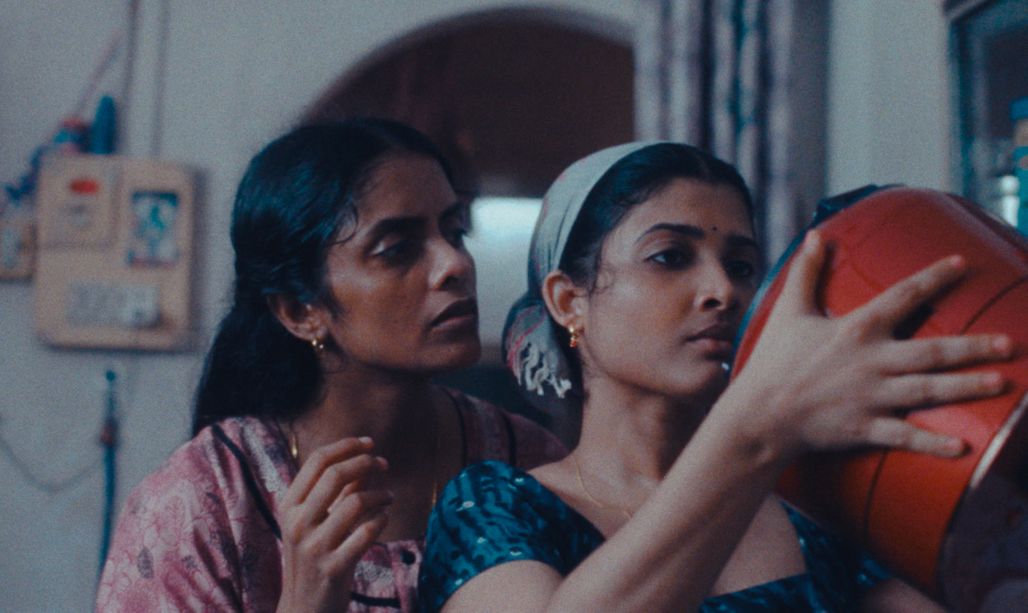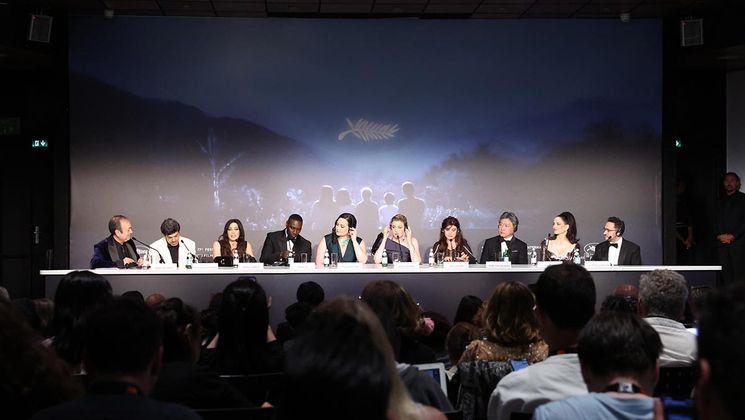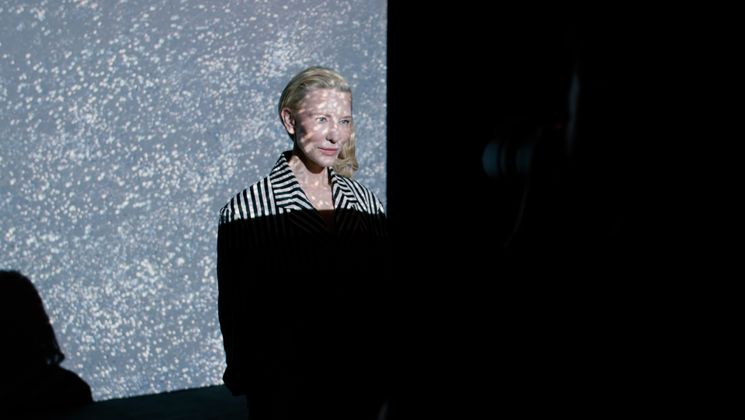
All We Imagine as Light: Payal Kapadia’s feminist epic

Three years after scooping the Œil d’or for best documentary in Cannes for A Night of Knowing Nothing, young Indian director Payal Kapadia makes her Competition début with All We Imagine as Light, her first feature film with a political, feminist twist.
A patchwork of black and white sequences showing students in revolt, with a melancholic, nostalgic voice-over of a young woman recounting lost love: in 2021, Payal Kapadia gave us A Night of Knowing Nothing, a soaring, political documentary with a feminine feel, imbued with visual and sensory effects that came close to experimental.
Having served up four shorts with a distinctly Weerasethakul-style flavour prior to this stunning feature film, the young Indian film-maker succeeded in crafting a gritty manifesto that combined the story of an epic relationship with flashes of the uprisings that rippled through India’s universities in the late 2010s.
After bursting onto the scene with an offering that catapulted her into the inner circle of directors to watch, Payal Kapadia returns with another tale of love, desire and feminist emancipation, shining a light on her favourite themes and using them to reflect on social fracturing in her country.
Split into two parts, the La Cinef and Film and Television Institute of India graduate’s first fiction feature film homes in on Anu and Prabha, two Mumbai nurses mired in day-to-day existence governed by their work, and a host of unique relationships.
Although both come from South India, they occupy two opposing ends of the social stratum, with the two housemates gradually creating a shared space where they are free to express their hopes and dreams during a trip to a coastal forest near the seaside village of Ratnagiri.
For this first foray into the world of fiction, Payal Kapadia explains the care she took over the casting in order to build a “world” around her two protagonists in a bid to convey the sense of stagnation experienced by people imprisoned in a hopeless situation.
The love that runs through her films like a life force is once again used as a prism for the director to explore the problems inherent to the gender, class and religious inequalities that are rife in Indian society.


